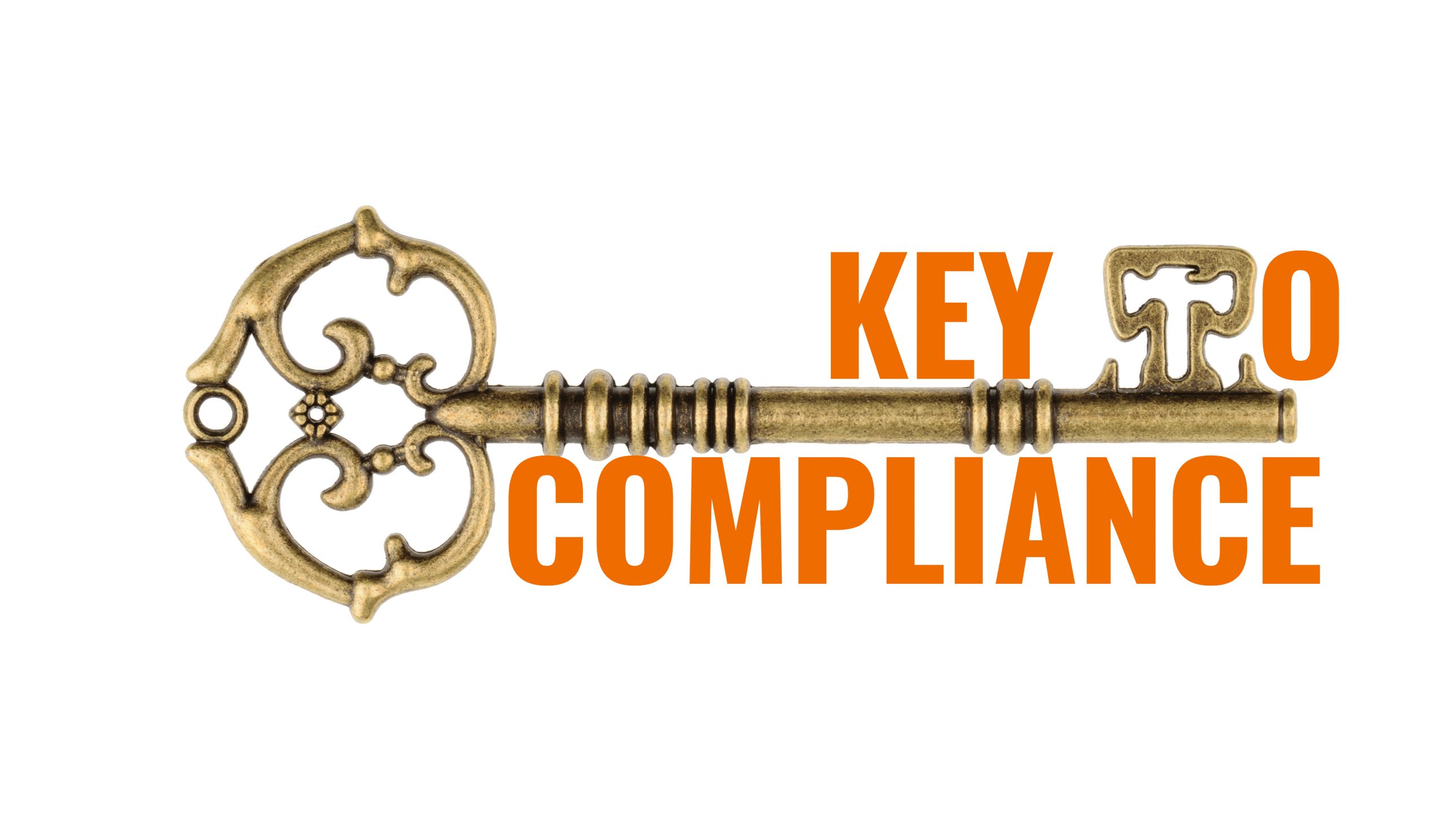What is Operational Risk ?
The Basel II accord on banking supervision defined operational risk as the risk of loss resulting from inadequate or failed internal processes, people and systems or from external events. Legal risk would be included in this definition according to the Basel committee, but not strategic or reputational risk
Operational Risk Failures
Internal Fraud – Losses due to acts of a type intended to defraud, misappropriate property or circumvent regulations, the law or company policy, excluding diversity/ discrimination events,
which involves at least one internal party.
External Fraud – Losses due to acts of a type intended to defraud, misappropriate property or circumvent the law, by a third party
Employment Practices and Workplace Safety – Losses due to acts of a type intended to defraud,
misappropriate property or circumvent the law, by a third party.
Clients, Products and Business Practices – Losses arising from an unintentional or negligent failure to
meet a professional obligation to specific clients (including fiduciary and suitability requirements), or from the nature or design of a product.
Damage to Physical Assets – Losses arising from loss or damage to physical assets from natural disaster or other events
Business Disruption and System Failures – Losses arising from disruption of business or system failures
Execution, Delivery and Process Management – Losses from failed transaction processing or process
management, from relations with trade counter parties and vendors
5 Best Practices to Follow in Operational Risk Management
1. Develop, Implement and Maintain a Framework for Operational Risk Management
2. Design the Right Operational Risk Governance Structure
3. Use Right Tools to Identify and Assess All Operational Risks
4. Implement an Approval Process for New Products and Processes that Assesses Operational Risks
5. Maintain a Robust Operational Risk Reporting Mechanism
